As Ghana marks 67 years since gaining independence, the nation finds itself grappling with persistent challenges across various sectors of its economy and general well-being. Despite significant strides made since liberation from colonial rule, Ghana continues to face hurdles that hinder its progress and development.

In almost all facets of the country’s economy, from infrastructure to healthcare, education, and beyond, Ghana struggles to meet the needs and aspirations of its people. Issues such as high unemployment rates, inadequate healthcare facilities, limited access to quality education, and infrastructure deficiencies pose significant obstacles to the country’s growth and prosperity.
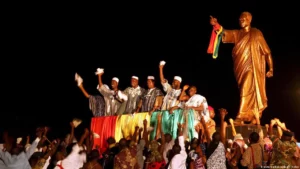
The economic landscape of Ghana remains fragile, with a heavy reliance on a few key sectors such as agriculture and natural resources. This overreliance leaves the country vulnerable to external shocks and fluctuations in global commodity prices, impacting its economic stability and growth prospects.
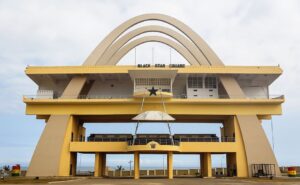
In light of these challenges, Ghana has recently turned to the International Monetary Fund (IMF) for assistance in addressing its pressing economic needs. The country’s plea to the IMF for aid underscores the urgency of the situation and the importance of external support in navigating through these turbulent times.
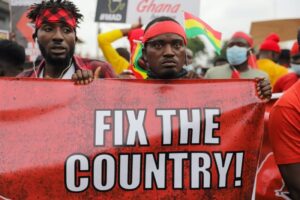
Ghana’s engagement with the IMF reflects a commitment to implementing necessary reforms and policies to stabilize the economy, foster sustainable growth, and improve the well-being of its citizens. By seeking assistance from international partners, Ghana aims to bolster its efforts in overcoming economic hurdles and charting a path towards a more prosperous future.
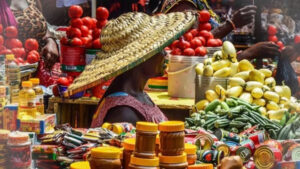
However, while external support can provide a temporary lifeline, long-term solutions must be rooted in sustainable economic development strategies that prioritize inclusive growth, job creation, and social welfare programs. Ghana must harness its resources efficiently, promote diversification, enhance productivity, and foster innovation to build a resilient and dynamic economy that benefits all segments of society.

As Ghana navigates its post-independence challenges and seeks assistance from international partners like the IMF, it is crucial for the government, private sector, civil society, and citizens to work collaboratively towards a shared vision of sustainable development and prosperity. By addressing structural weaknesses, promoting good governance, and investing in human capital and infrastructure, Ghana can overcome its current struggles and pave the way for a brighter future for generations to come.
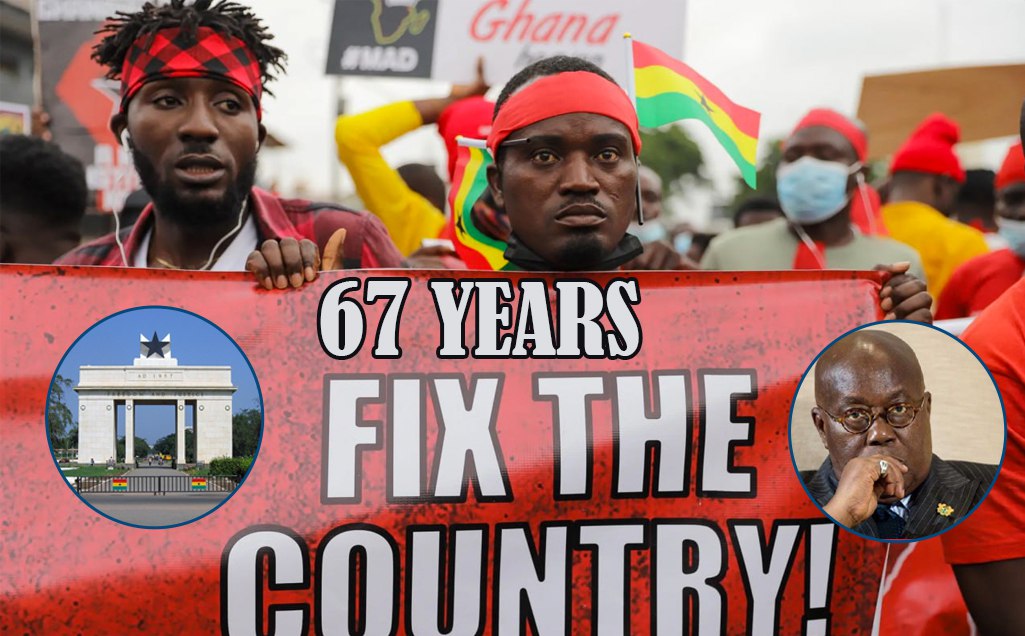

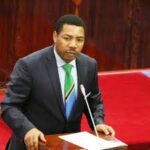
You got a very wonderful website, Sword lily I observed it through yahoo.